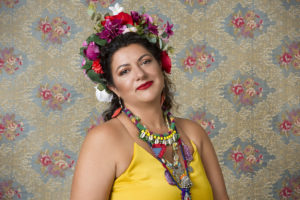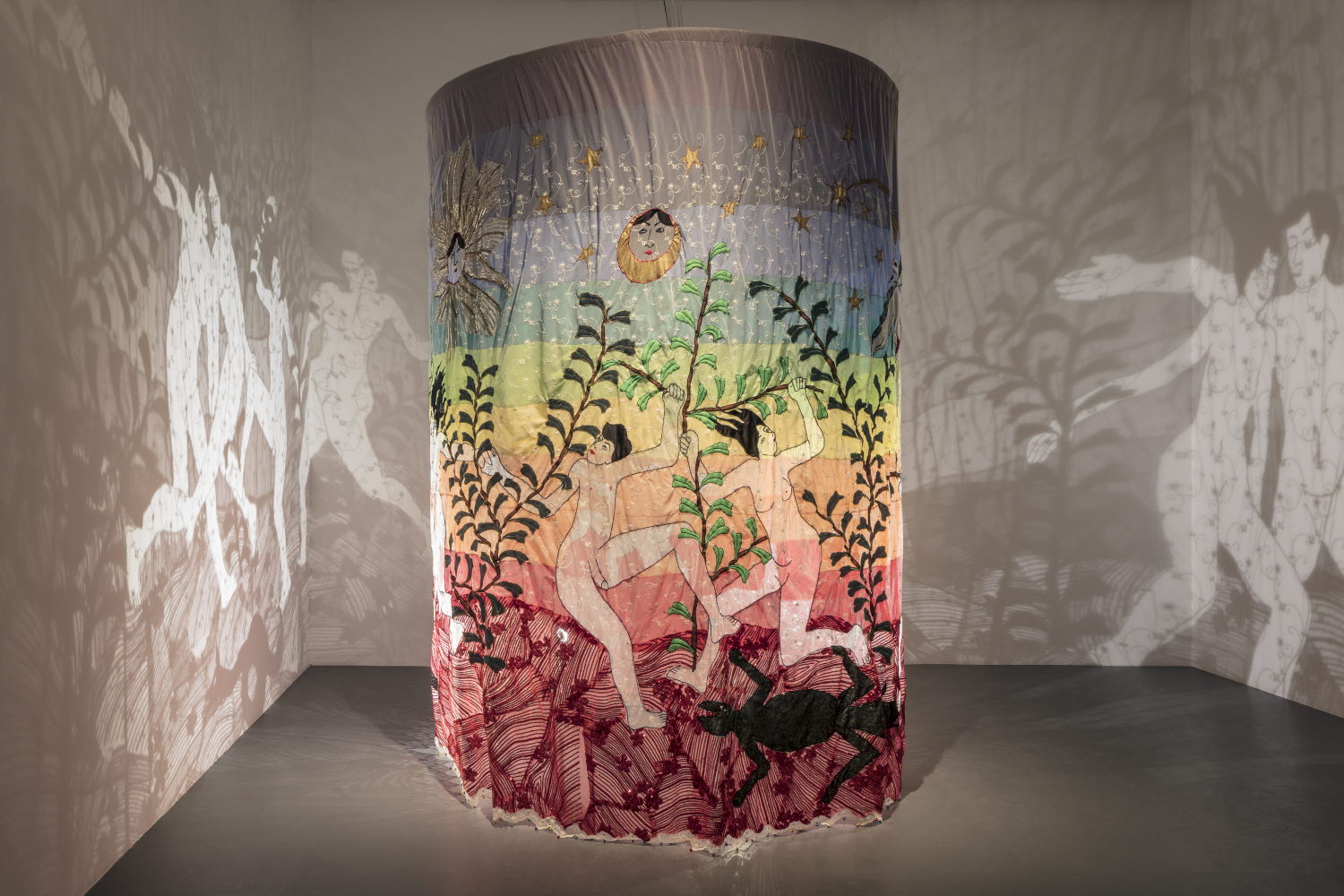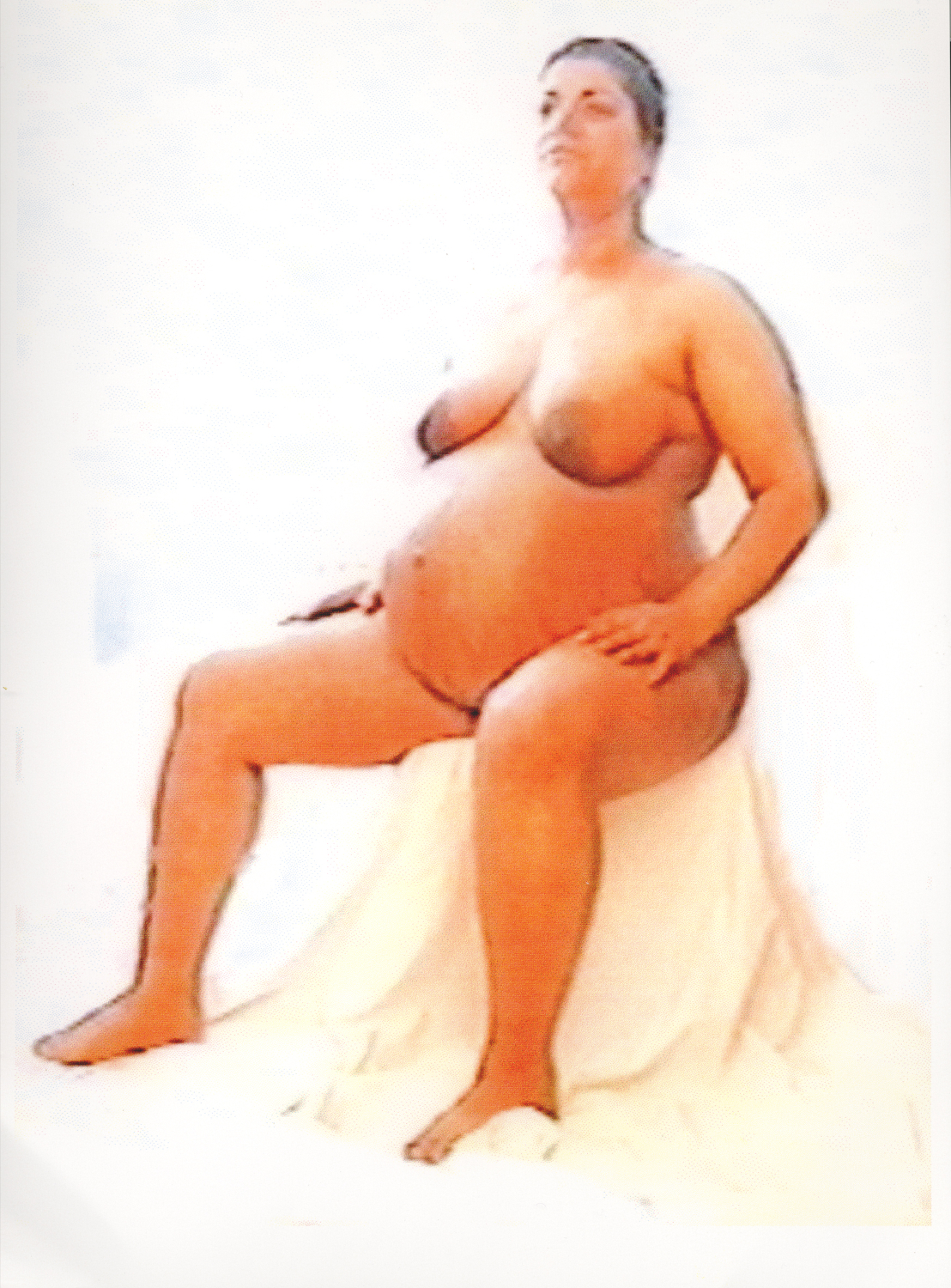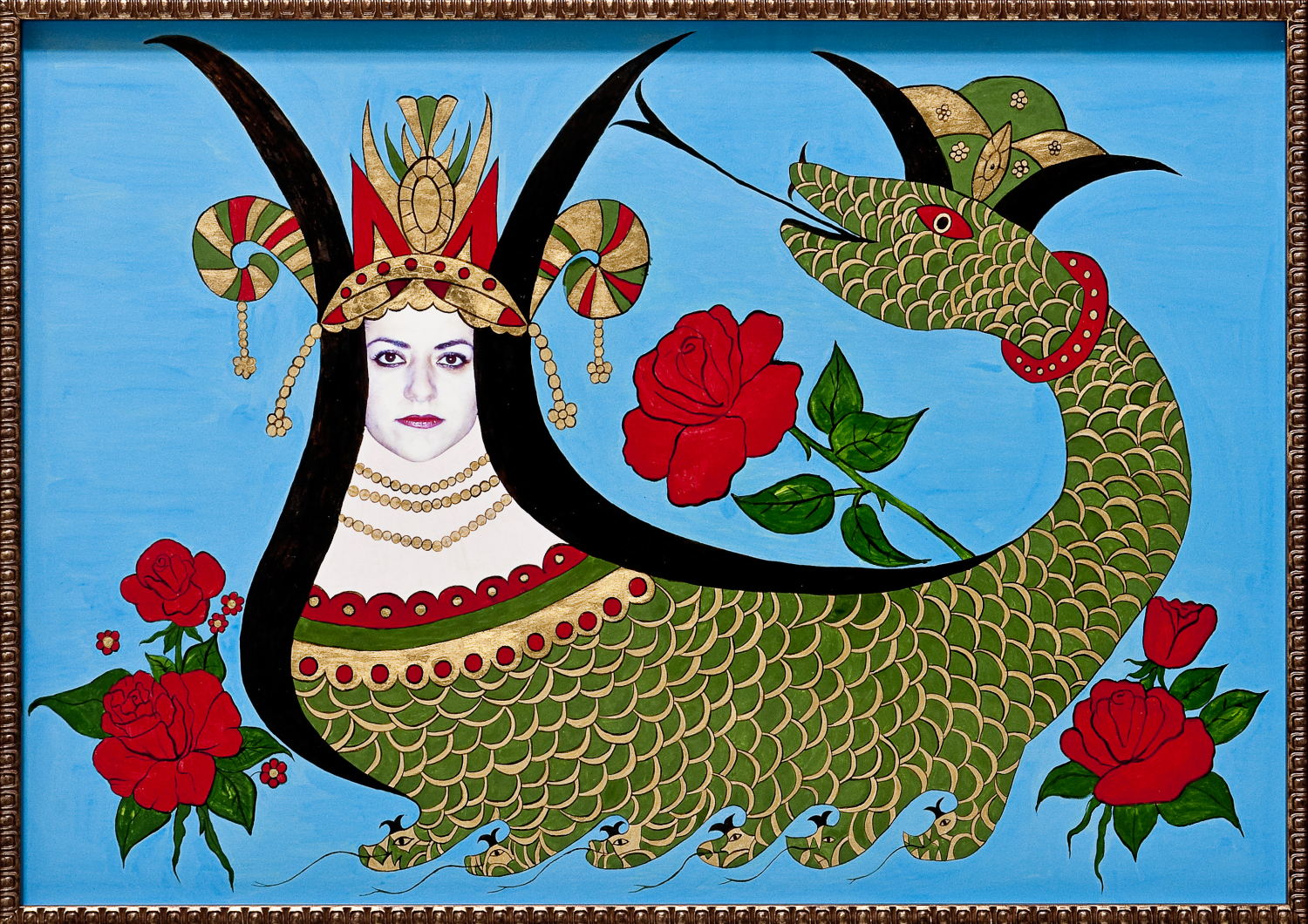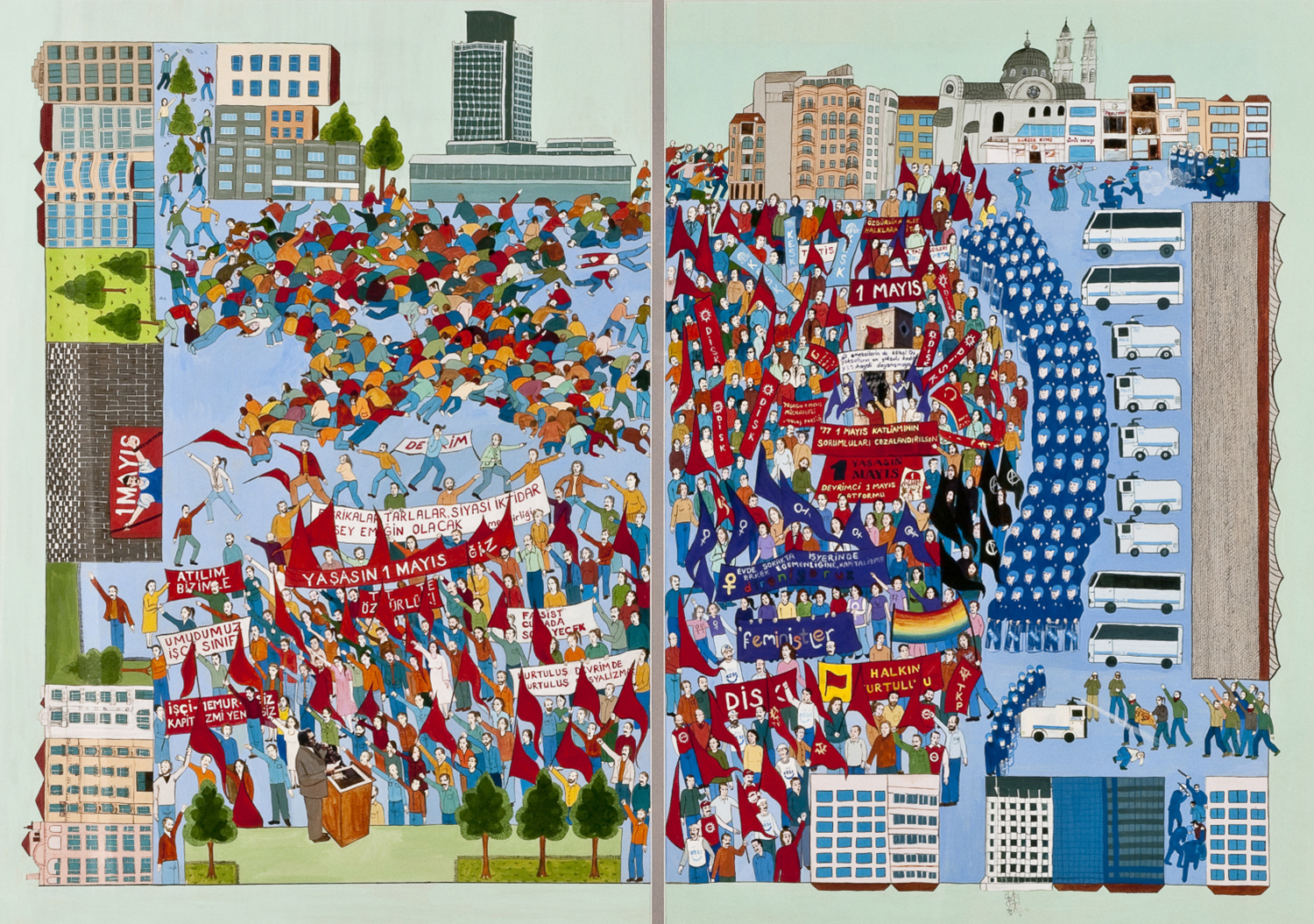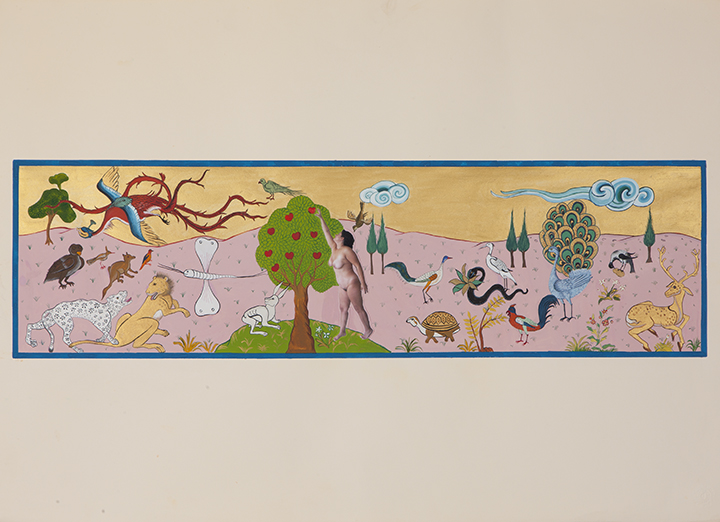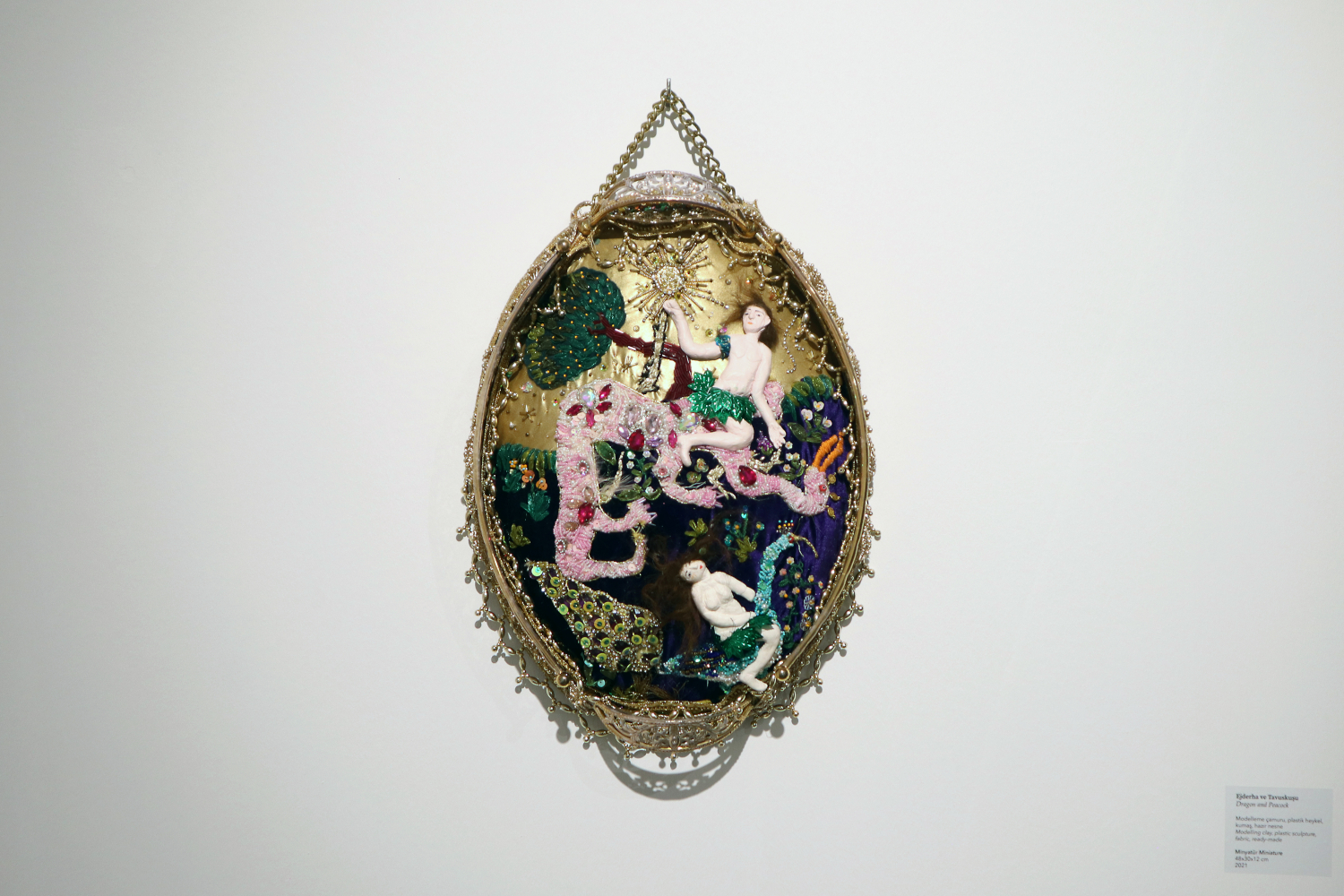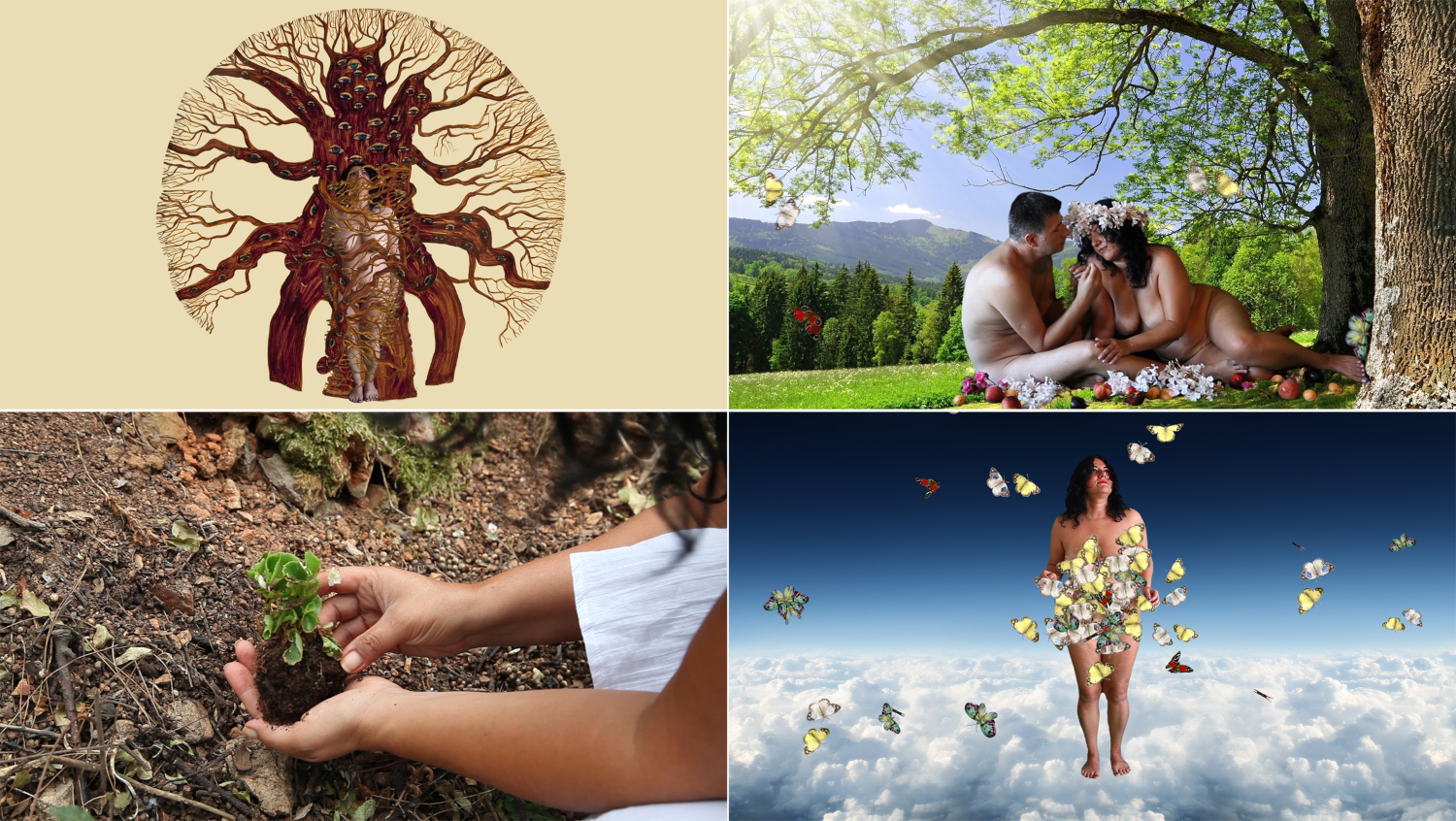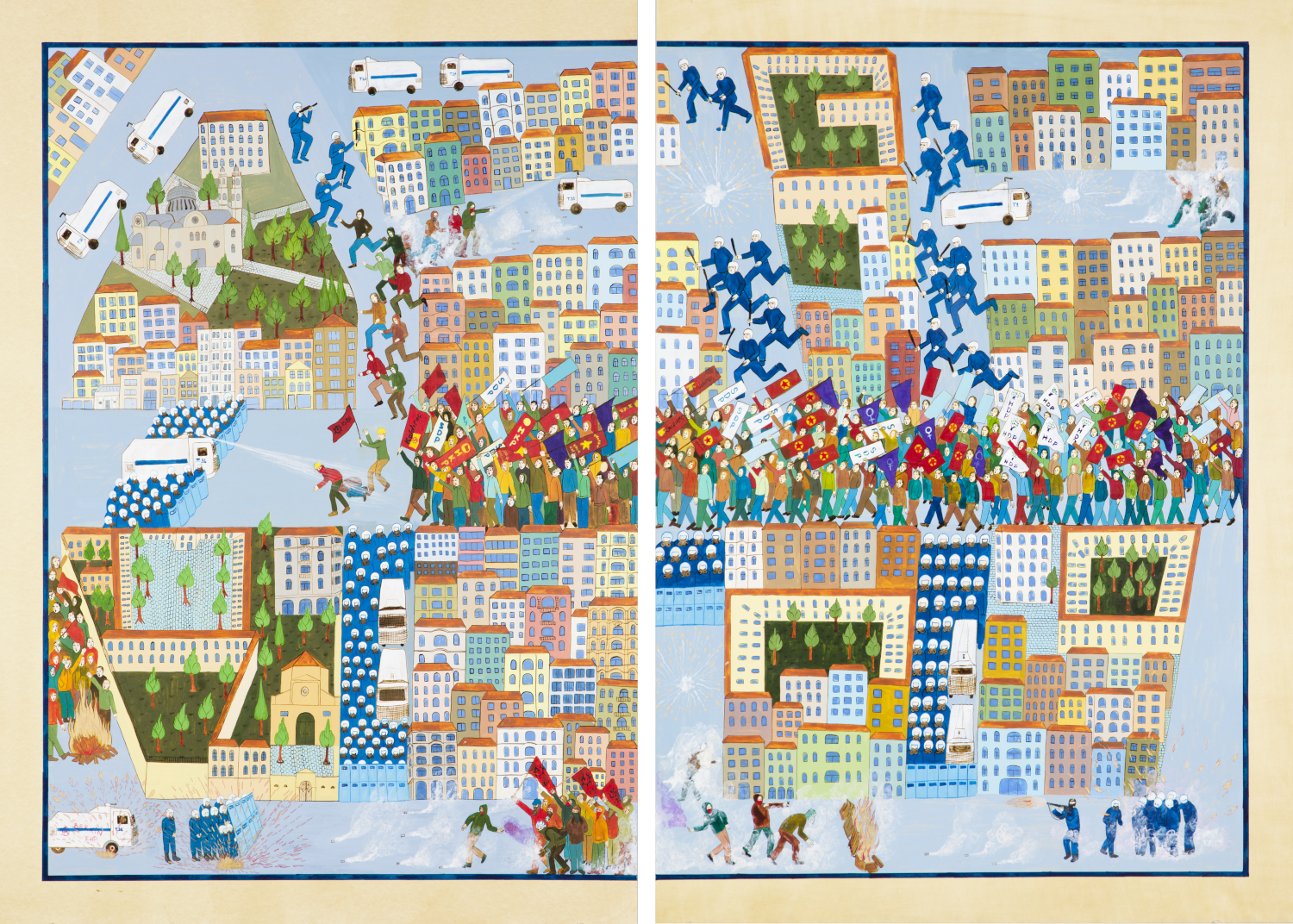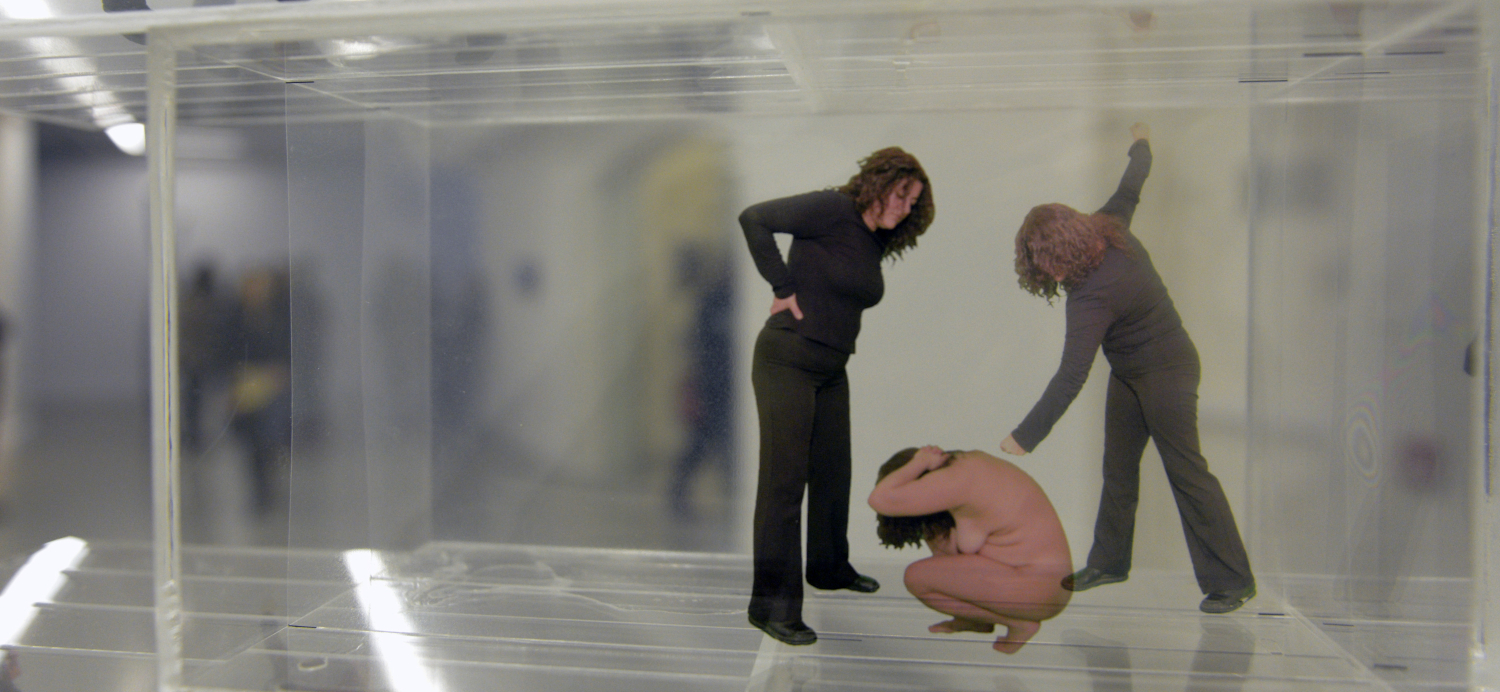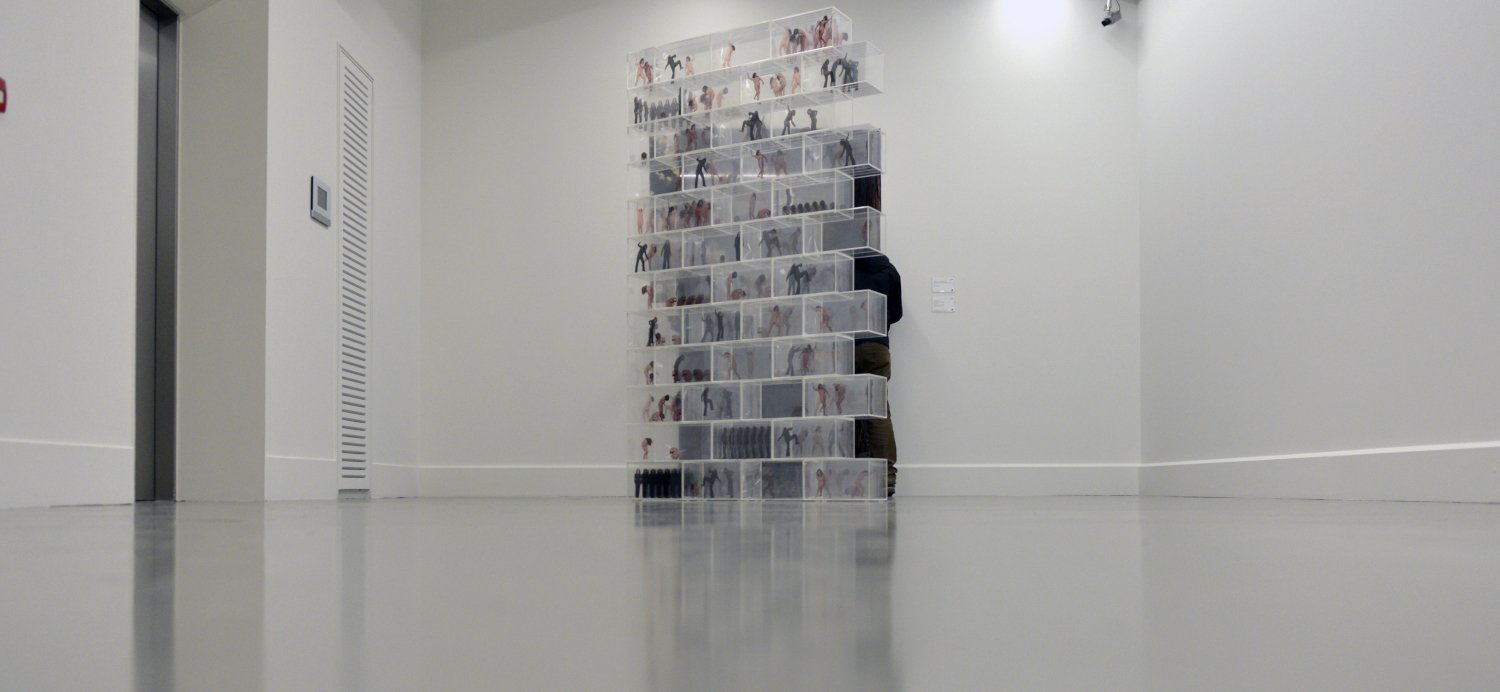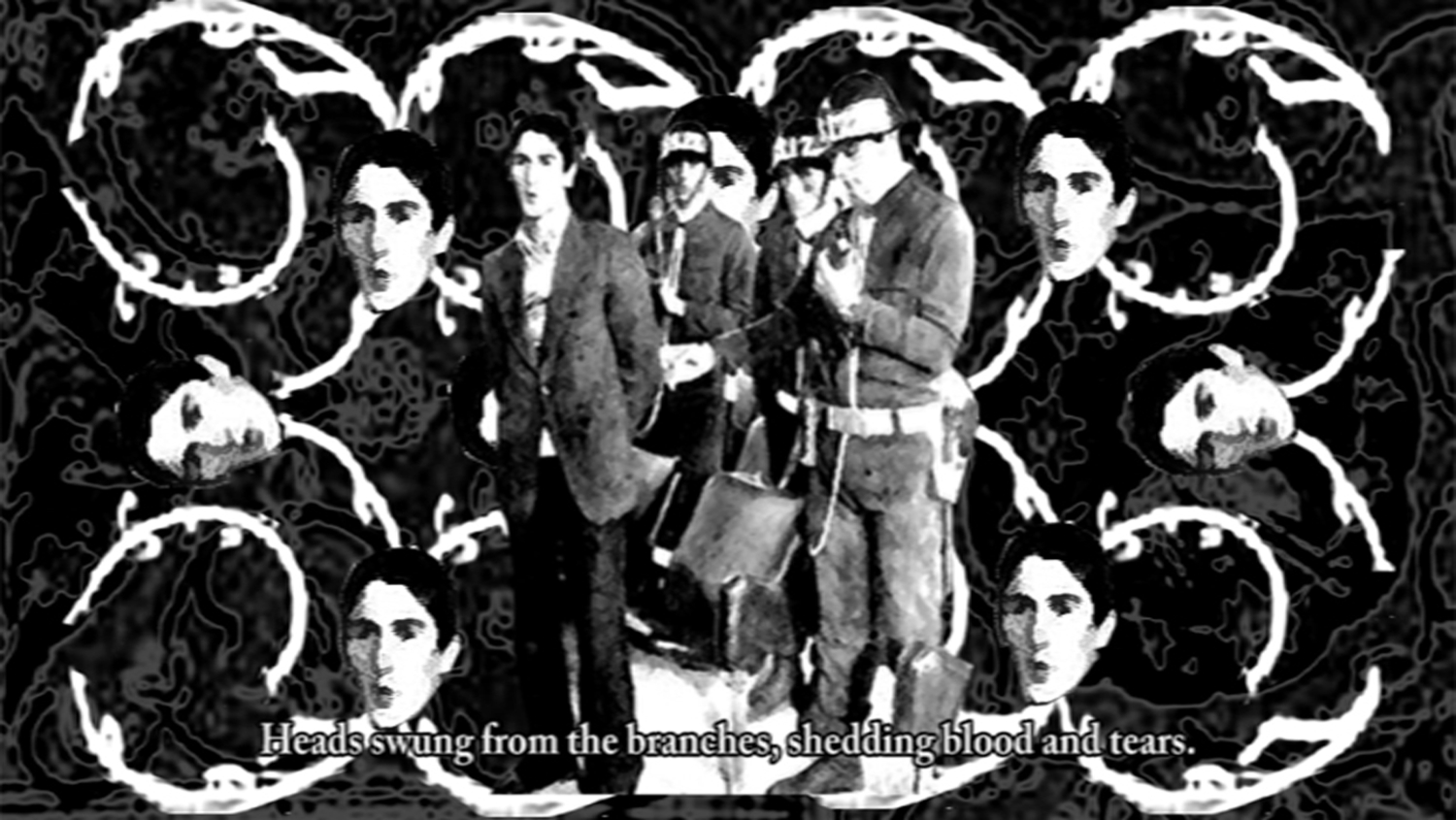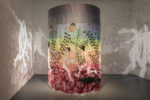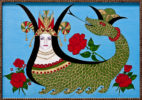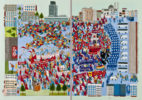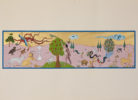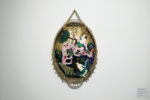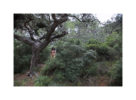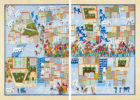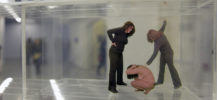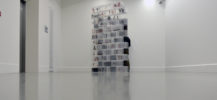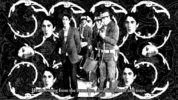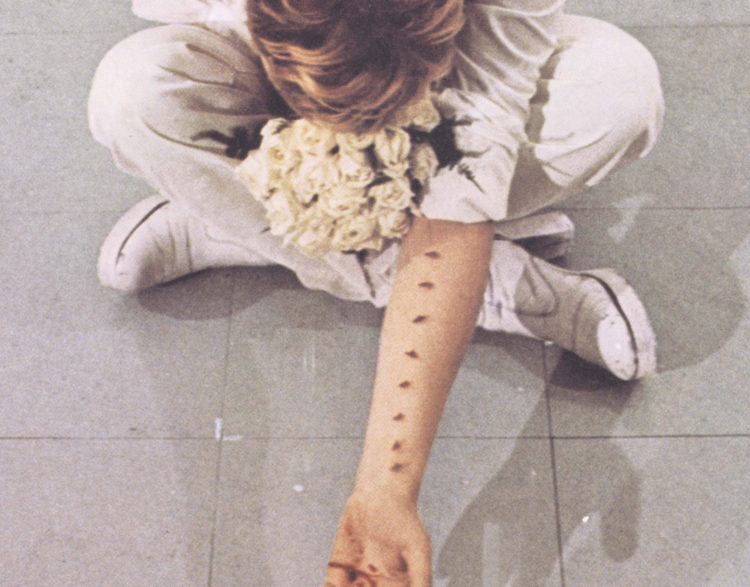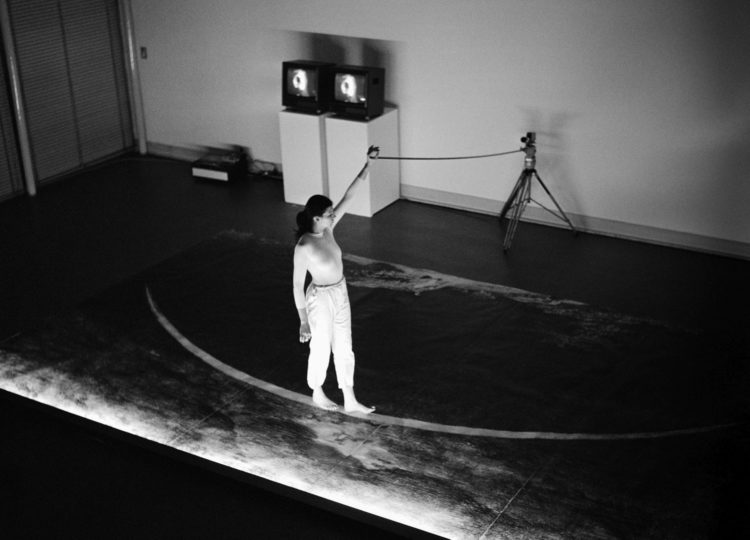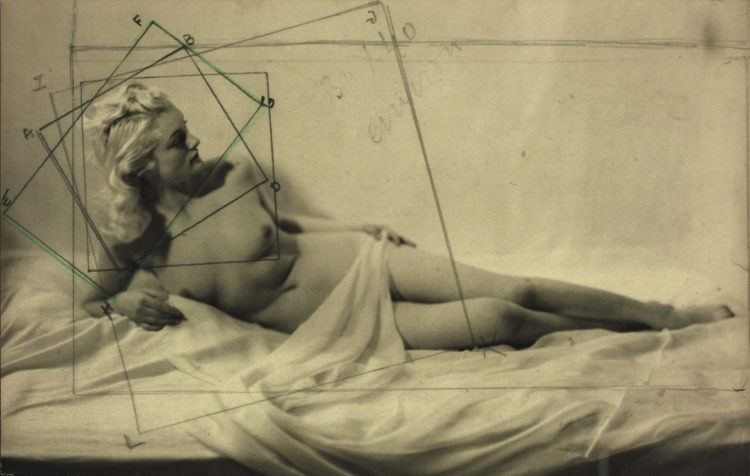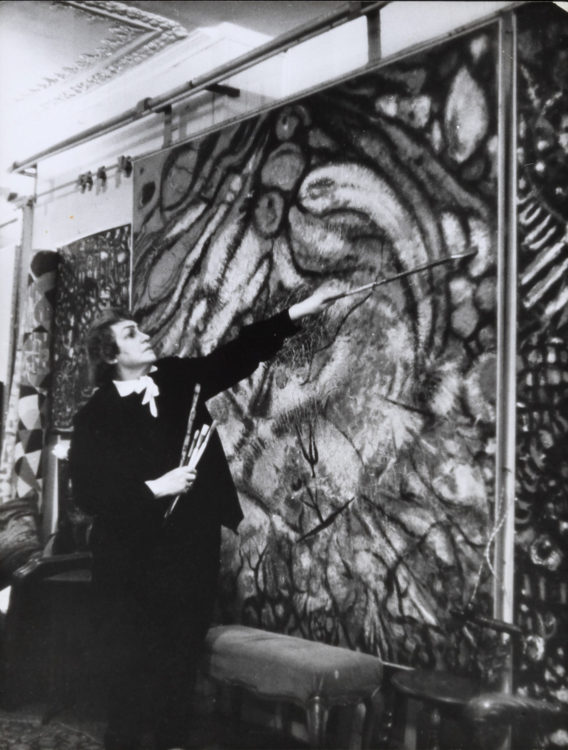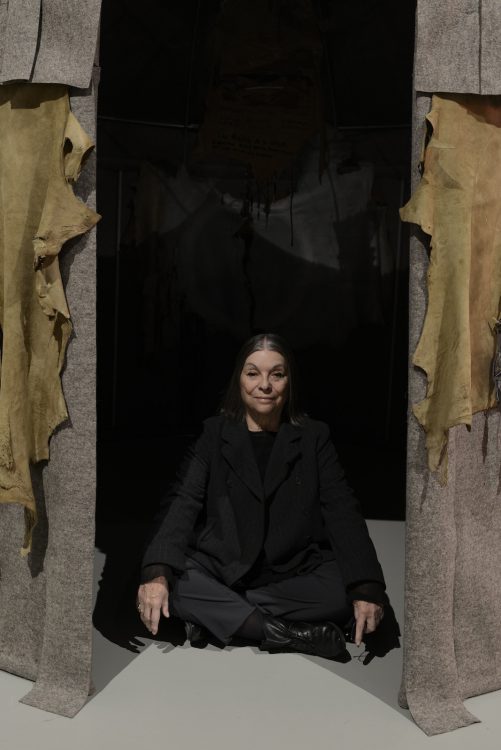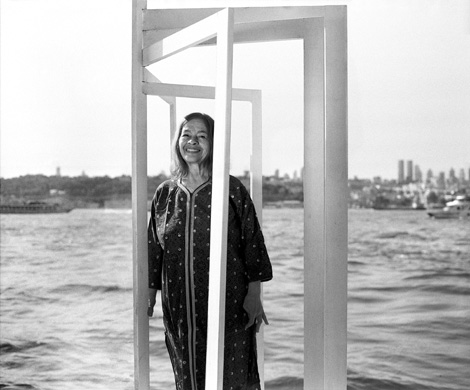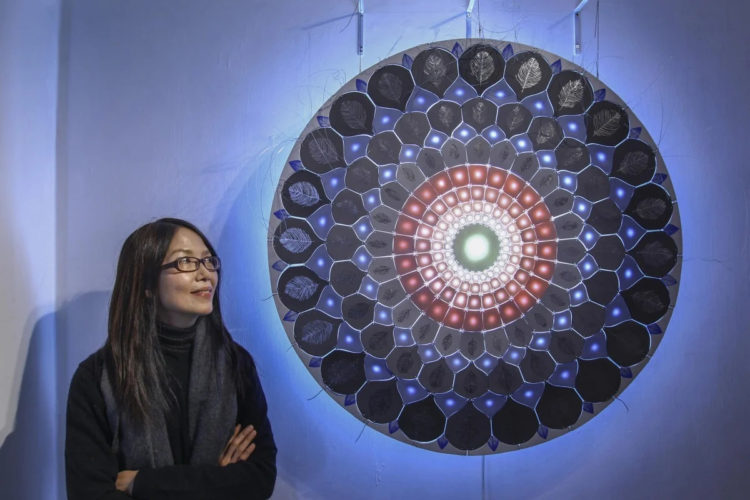CANAN (Şenol)
Evren Süreyyya (ed.), CANAN: Behind Mount Qaf, exh. cat. , Arter, Istanbul, (September 2017- February 2018), Istanbul, Arter, 2018
→Söyler Meral (ed.), Canan Şenol : Bıyık Kedide de Vardır [Even a Cat Has a Mustache] exh. cat., Gallery Xist, Istambul (21 january – 13 february 2010), Istambul, Arti Sanat Üretim Hizmetleri, 2010
→CANAN, Altindere Halil, Aslan Sema et Yildiz Ilgin, CANAN, Istanbul; Berlin, Art-ist ; Revolver Publishing, 2014
CANAN: Behind Mount Qaf, Arter, Istanbul, September 2017 – February 2018
→Shining Darkness, Rampa Gallery, Istanbul, January – February 2016
→Segregate, KiBela, space for art, Maribor, May – June 2010
Kurdish-Turkish visual artist.
After studying for a Business Administration degree at Marmara University, CANAN graduated from the Painting Department of the same institution in 1998. She had first built her artistic career using her husband’s surname (Şenol). However, after her divorce, she decided against using that surname or reverting to her father’s name (Şahin), refusing to comply with the patriarchal standards of civil law in Turkey. In the manifesto she published on International Women’s Day in 2010, she declared that she would like to be known solely as CANAN and renounced all surnames.
CANAN is a self-declared feminist-activist artist who rejects any conformity to artistic categories. The material-visual cosmos she creates through her practice consists of forms and mediums ranging from digital and traditional techniques to craftwork.
The choice of employing various techniques also appears in single works, in which, for example, the elements of miniature and photography are incorporated, creating images such as When Brothers Kill Each Other a Father Sacrifices a Son (2009) and Şahmaran [Shahmaran, 2011]. Such coexistences of techniques and mediums constitute a part of her feminist approach dealing with hierarchical categorisations in a broader sense, which should not be considered as merely limited to the domains of gender and sexuality. The mixing of binary oppositions, like Eastern-Western, imaginary-real, light-darkness, has shaped her practice, and dealing with these supposed dualities by juxtaposing them is a significant characteristic of CANAN’s body of work. In works like Heaven (2017), such multi-layered coexistences also piece together art’s historically segregated components of form and content.
In her interviews, while framing her work around poststructuralist and gender theories, CANAN underscores the influence of the feminist maxim “the personal is political” on her artistic production. Aligning with this powerful statement, the artist typically engages with the gendered body, in many cases involving her own naked one. In works such as Transparent Police Station (1998/2008), Turkish Delight (2011) and Delusion (2014) the body is treated as a space of contradictions rooted in various disciplining mechanisms. In other works, such as Cybele (2000) and Faraway Forest Near City (2015), she addresses the corporeality that occupies a space in the world, through interaction and experience.
CANAN links her practice with Turkey’s political history and social movements. This link is sometimes explicit in her works such as The Waq Waq Tree (2010), a video animation, or the miniatures 1 May (2010) and Istiklal Street–Resistance (2014). These connections also transgress the limits of becoming the subject matter of art, as in the case of the exhibition Unjust Provocation, which she curated in 2009 at Hafriyat Karaköy. The exhibition, titled after the clause in Turkish Penal Law which justifies the remission or reduction of sentences for murdering women, was a critical intervention bringing together art and activism, artists and activists.
In addition to her solo exhibitions in Turkey and Europe, CANAN participated in several group exhibitions such as Global Feminisms at the Brooklyn Museum in 2007. Her work is held in various institutional collections, including the Centre Pompidou, Paris; Pinakothek der Moderne, Munich; Davis Museum at Wellesley College; Istanbul Modern and Arter Istanbul.
A notice produced as part of the TEAM international academic network: Teaching, E-learning, Agency and Mentoring
© Archives of Women Artists, Research and Exhibitions, 2022


